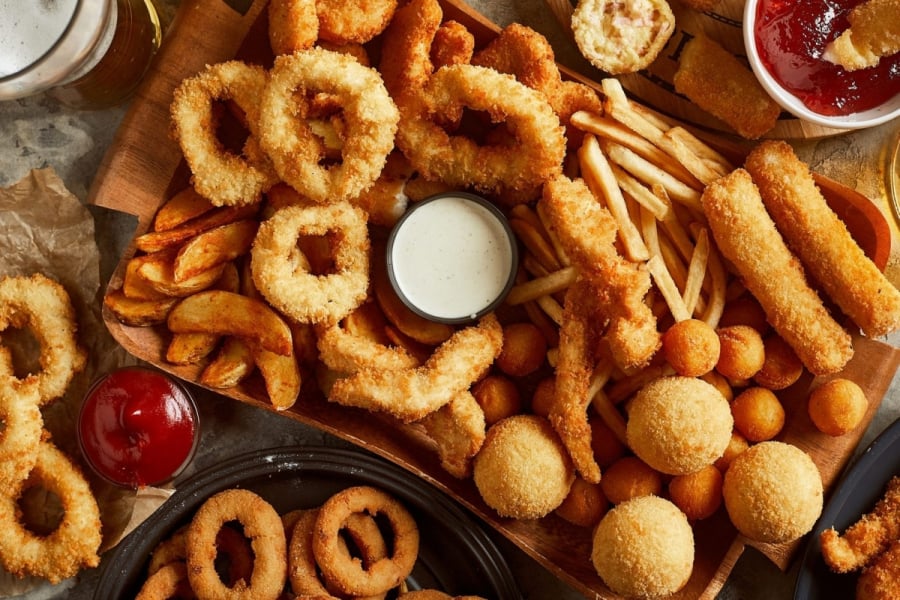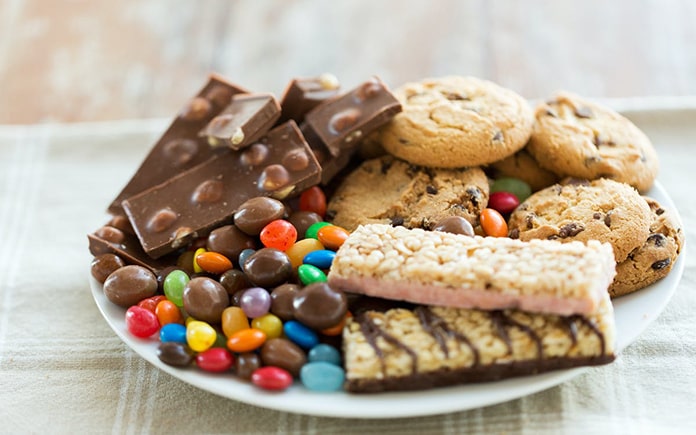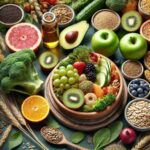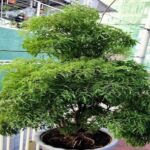Breakfast is often touted as the most important meal of the day, but few understand the real reasons behind this notion. An intriguing conversation between Ms. Zhang Lin, a busy finance manager from China, and her neighbor, Dr. Li, uncovers valuable insights into the importance of breakfast, especially for those aged 60 and above.
When asked about a scientific approach to breakfast, Dr. Li proposed a formula he calls the “3 Don’t Eats.” These are not mere suggestions but specific guidelines highlighting the types of food middle-aged people should avoid for better health. These foods can negatively impact one’s well-being, especially during the aging process. The doctor encourages everyone to pay attention to their breakfast choices, laying a strong foundation for long-term health.
Avoid High-Fat Foods
Deep-fried foods, sausages, bacon, and dishes laden with saturated fat not only harm cardiovascular health but also increase the risk of developing chronic illnesses such as stroke, diabetes, and obesity. For those over 60, excessive fat intake can burden the cardiovascular and renal systems, heightening the likelihood of severe health issues. Hence, choosing healthy breakfast options is crucial to safeguarding our well-being as we age.

Avoid High-Fat Foods
Steer Clear of Refined Sugar
Pastries, candies, and sugary drinks often contain high calories yet lack nutritional value, leading to weight gain and increased risk of diabetes and cardiovascular problems. Dr. Li emphasizes that to protect long-term health, seniors should strictly limit their refined sugar intake at breakfast. Opting for natural, low-sugar foods will benefit their health and maintain stable energy levels throughout the day.

Steer Clear of Refined Sugar
Avoid Processed Foods
Ready-to-eat meals like instant noodles, frozen dinners, and canned goods often contain high amounts of salt, preservatives, and artificial flavorings, which are unhealthy, especially for older adults. Excessive salt intake can lead to hypertension, impacting kidney function and causing edema. Therefore, choosing fresh, home-cooked meals is a wiser choice to ensure long-term health.
Water: An Essential Morning Habit
One crucial piece of advice Dr. Li offers, especially to seniors, is to drink water immediately after waking up. Our bodies go through a period of mild dehydration during sleep. Hence, he emphasizes starting the day with a glass of warm water to rehydrate, stimulate digestion, and alleviate constipation, a common issue among the elderly. Morning water intake is not just a good habit but also contributes to overall health.

Drink Water in the Morning
Maintain a Nutritious and Balanced Breakfast Habit
Dr. Li stresses that breakfast is more than just a meal; it is an essential part of everyone’s nutrition, especially for seniors. He believes that maintaining a balanced and nutritious breakfast can significantly contribute to overall health. Breakfast plays a vital role in providing energy for daily activities and supporting essential bodily functions like digestion and metabolism. He encourages choosing fresh, minimally processed, and fiber-rich foods to reduce the risk of chronic conditions like high blood pressure, diabetes, and cardiovascular issues.
Ms. Zhang Lin was deeply grateful for Dr. Li’s sincere advice. She decided to share this valuable information with her mother, hoping to improve her diet and protect her health.
As Dr. Li emphasized, health is our most precious asset. Maintaining a scientific and reasonable diet not only helps us live longer but also healthier lives. Especially for those over 60, breakfast is the foundation for daily well-being. By adopting these simple yet effective principles, we can better care for ourselves, maintain our health, and enjoy a joyful and happy golden age.
The Ancient’s Wisdom: ‘Avoid These 3 Directions for Your Kitchen, and 3 Places for Your Bed’
The ancient wisdom of our ancestors holds a treasure trove of knowledge, including the taboo directions for stoves and beds. Unlocking these secrets can bring harmony and prosperity to our homes and lives. Prepare to delve into a world of mystical directions and their profound impact on our daily lives.





































